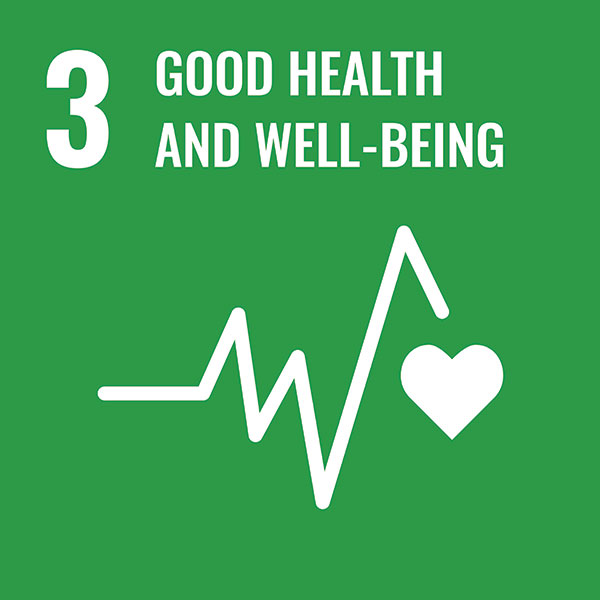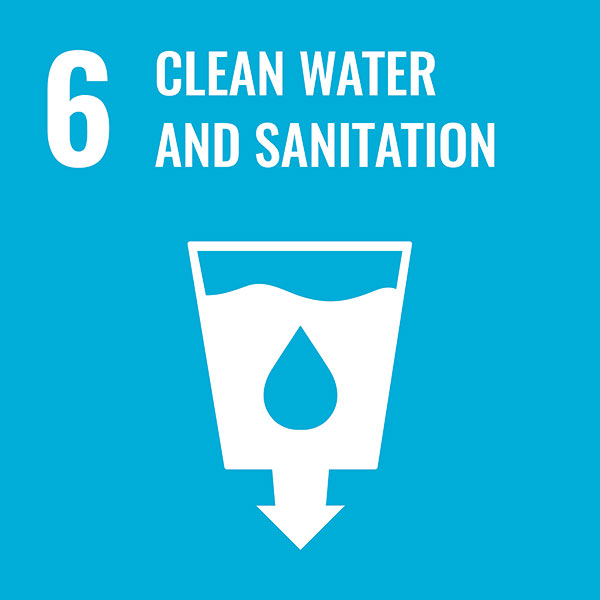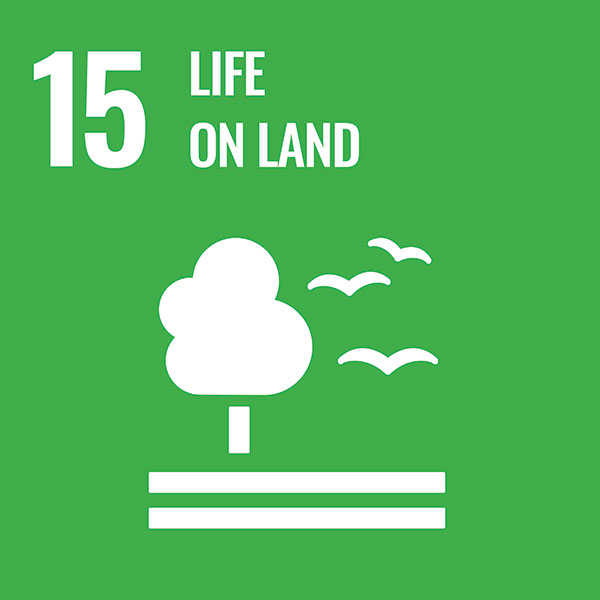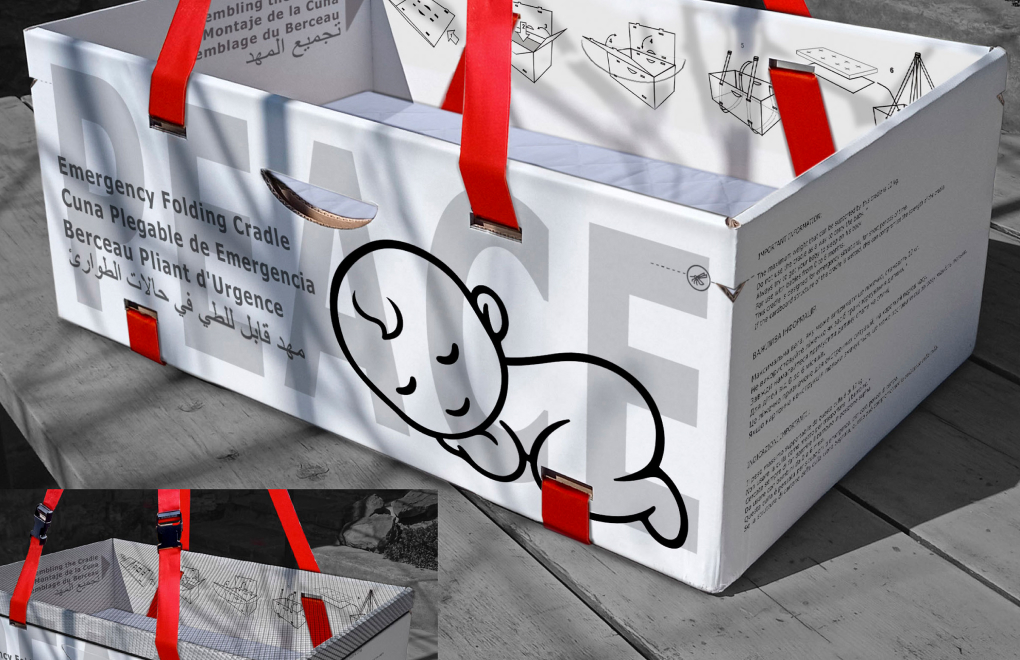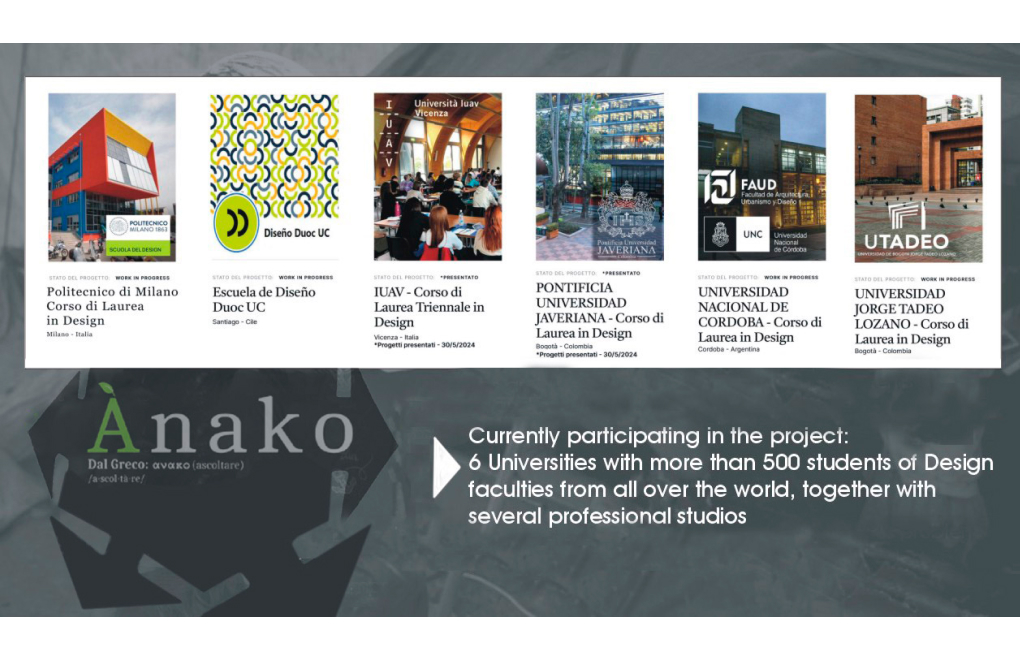Project Overview
Anako is a social design organization that realizes dignity, sustainability, and resilience through design. It has developed survival tools for refugees, migrants, isolated women, and vulnerable children. These include emergency cradles, life jackets for women carrying babies, safe plasma transport devices, and visual-based medical tools—all created in direct response to urgent needs in the field
Project Details
General Information
Ánako Aps is a nonprofit Design association based in Parma, Italy, committed to using design as a tool for social justice, sustainability, and community resilience. Founded by designer Valerio Vinaccia, Ánako develops concrete, life-saving solutions for people living in crisis conditions—refugees, migrants, isolated mothers, and vulnerable children. Our work focuses on sustainable daily life, promoting harmony between people, society, and the environment.
We co-design emergency cradles, life jackets for migrant mothers with babies, safe plasma transport devices, and visual healthcare tools. Each project responds to urgent real-world needs and is developed through participatory methods, rapid prototyping, and localized production. We work with discarded materials, apply circular economy principles, and involve social cooperatives and local craftspeople in the making process.
Ánako collaborates with universities worldwide—including IUAV Vicenza, DUOC UC Chile, Naba Milano, and University of Parma—engaging over 500 students annually in applied research and hands-on humanitarian design.
Our workshop in Parma serves as both a prototyping space and a hub for education and collaboration. Here, migrants, designers, and communities create tools for survival and dignity. Ánako is not about temporary aid but about building sustainable futures, one object and one story at a time.
Creative Solution (Creativity/Innovation)
Ánako Aps adopts a design-driven humanitarian approach, blending creativity with real-world impact. Each project starts from an urgent need—maternal care, safe transport, or communication barriers—and is tackled through codesign with students, NGOs, and affected communities. We transform waste materials into functional tools, apply circular production models, and localize manufacturing to empower vulnerable groups. Innovation lies in simplicity: foldable cradles, integrated baby carriers, visual healthcare guides. These are not speculative concepts but field-tested, scalable solutions. By merging open design, social inclusion, and environmental ethics, Ánako delivers tools that are sustainable, replicable, and radically human-centered.
Social Impact (Inspiration/Impact)
Ánako Aps develops sustainable design tools that improve daily life for vulnerable communities—refugees, migrant mothers, and caregivers. Over 1,000 emergency cradles and 500 maternity kits have been produced and distributed in crisis zones. More than 500 students from 8 universities participate annually in co-design processes, promoting social innovation in education. Local production with recycled materials and social cooperatives reduces environmental impact and supports inclusion. The ripple effect reaches NGOs, municipalities, and institutions, proving that small, wellcrafted interventions can scale. Ánako builds bridges between design and dignity, activating new models of care, sustainability, and community-led resilience.
Participation/Cooperation
We collaborated with NGOs, universities, local governments, and social cooperatives. Over 500 students co-designed with us each year. Migrants, caregivers, and healthcare workers were actively involved in testing and feedback.
Production was localized through partnerships with ethical manufacturers and workshops, ensuring shared ownership, relevance, and long-term social impact.
Vision for the Future
Ánako Aps is not just imagining the future—we are already building it. Our work proves that design can be a powerful, scalable tool for dignity, sustainability, and resilience. Through open design, circular practices, and local production, we create replicable solutions that respond to global humanitarian needs. By engaging universities, social cooperatives, and affected communities, we turn recipients into active co-creators. Our goal is to establish a distributed network of design labs worldwide, rooted in care and shared knowledge. Ánako shows that the future of humanitarian aid is inclusive, collaborative, and design-driven—and in many ways, it has already begun.

